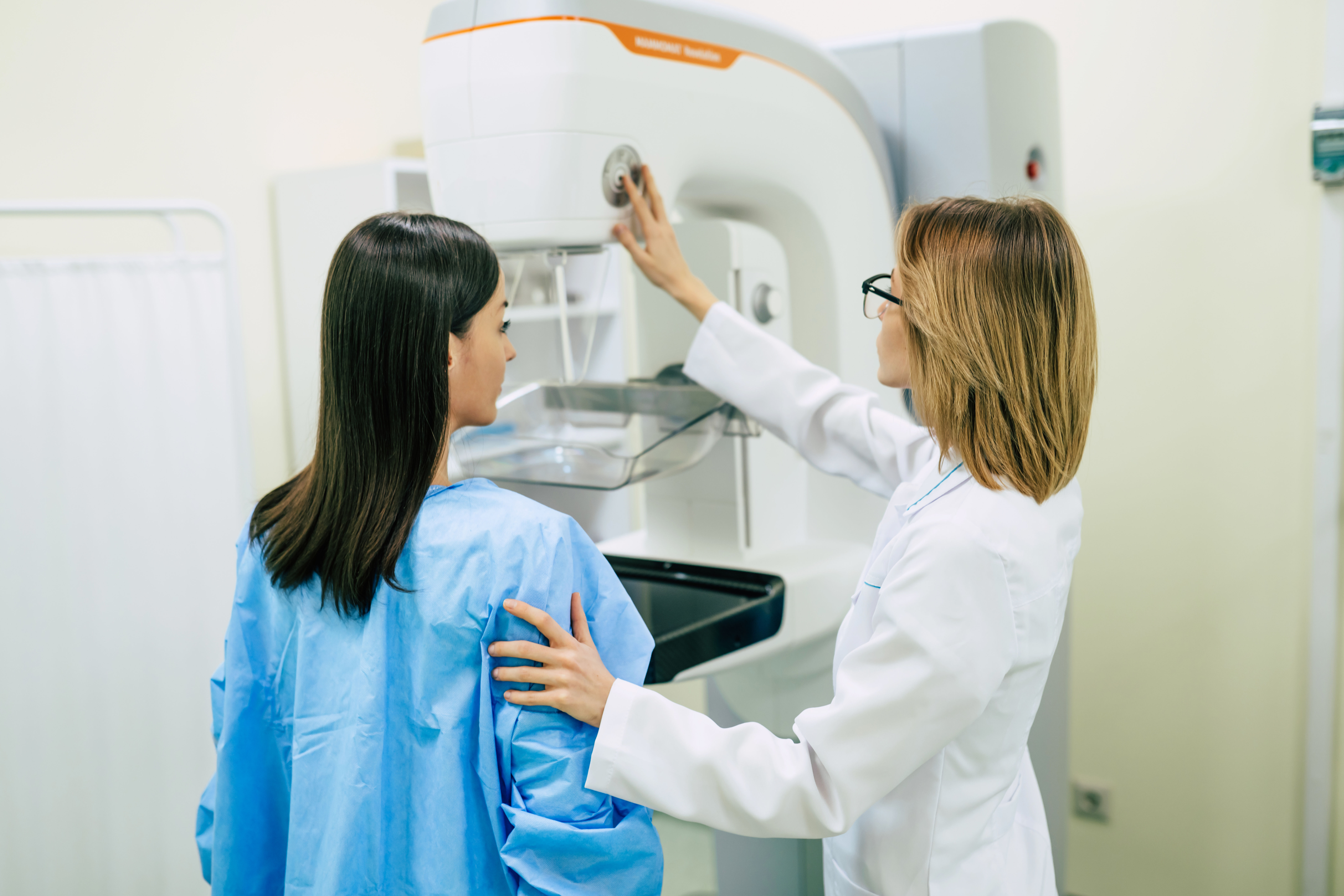This content is sponsored by MedStar Washington Hospital Center.
If you’re not in your 50s, getting screened for colorectal cancer may not be on your medical to-do list. But, recent studies have found a rise in colorectal cancer cases in adults under the age of 50.
Though the overall rate of colorectal cancer is declining, likely due to early screening, researchers have found an increase in incidences among adults ages 20-49.
“As we’ve taken a closer look, we’ve found that the number of cancers diagnosed in young people, even in their 20s, their 30s, their 40s, has actually been rising, and now, in some cases, they actually have a higher risk of colorectal cancer than people over the age of 50,” said Dr. Jennifer Ayscue, director of colorectal surgery at MedStar Washington Hospital Center.
Colorectal cancer is estimated to affect over 147,000 people in the U.S. in 2020. The American Cancer Society used to recommend beginning to screen for the cancer at 50 years old, but they’ve changed their guidelines in recent years. Now, colorectal cancer screening is recommended for people starting at 45 years old.
“The newer recommendations are actually to get screened at 45, whereas it used to be 50 years old, because of patients having a higher risk of colorectal cancer at younger ages,” Dr. Ayscue said.
So, why the shift? A study published in 2019 in the journal Cancer found that the number of patients diagnosed with colorectal cancer increased from 2004 to 2015. And a 2014 JAMA Surgery report estimated that colorectal cancer rates for people in the 20-34 age group would jump significantly by 2030.
Though the reasons for this increased risk in younger adults remains unclear, Dr. Ayscue said some possible causes could be linked to rising rates of obesity; sedentary lifestyles; growing alcohol consumption, especially among men; smoking; and eating processed foods and red meats.
Thanks to improved research and technology in the last 30 years, Dr. Ayscue said there are a number of less invasive screening options available for patients.
Patients who want to avoid the preparation process for colonoscopy can consider a number of fecal tests. However, in some cases, a colonoscopy may still be necessary.
“If any of these minimally invasive tests are positive, then that person has to proceed onto colonoscopy, where a visual evaluation of the colon may be performed,” said Dr. Ayscue.
And, if a large polyp or cancer is found, there are minimally invasive treatment options. One such treatment involves robotic techniques, which can help a surgeon gain more fine control and “get into spaces that we might not otherwise be able to get into so that we can remove cancers more efficiently and with less post-operative pain and sometimes with better outcomes overall,” Dr. Ayscue said.
Why choose MedStar Washington Hospital Center for colorectal cancer screening and treatment?
“Our hospital has a significant focus on colorectal cancer and this starts with a robust screening program that we have,” Dr. Ayscue said.
Most patients are only in the hospital one to four days after surgery. Patients are able to get on their feet with minimal pain medication when they get home, Dr. Ayscue said.
And, remember, it’s important to screen early: “If we do find a cancer and it’s in an early stage, it’s much more curable,” Dr. Ayscue said.
Read more and listen to a podcast with Dr. Ayscue here.







